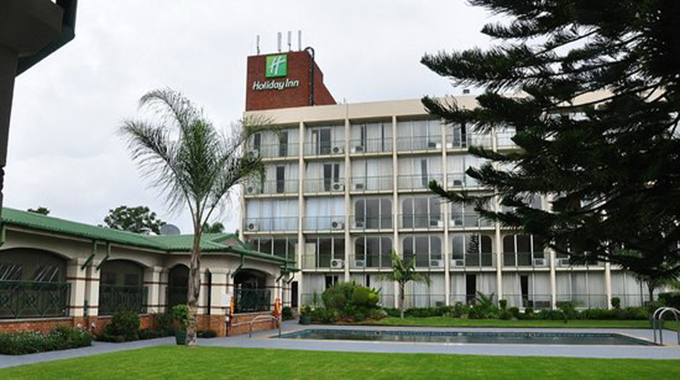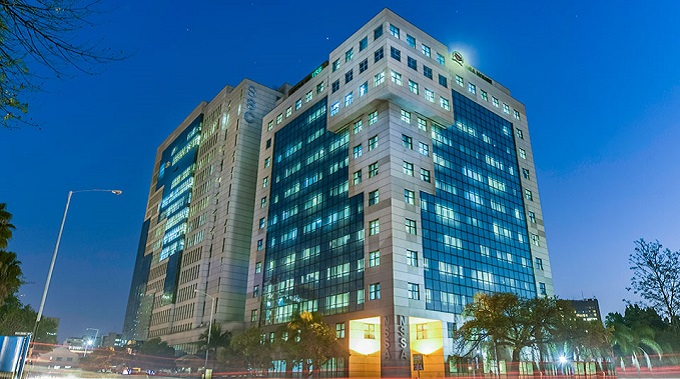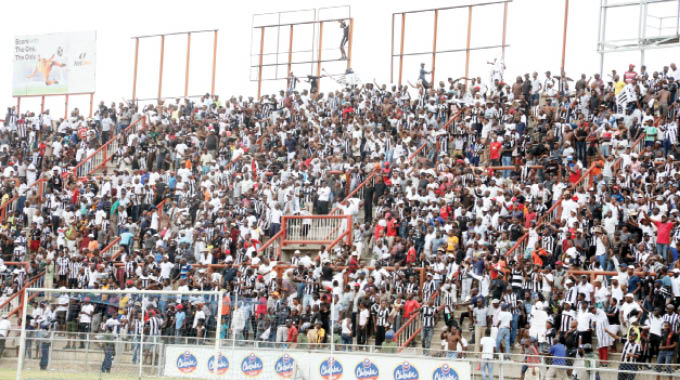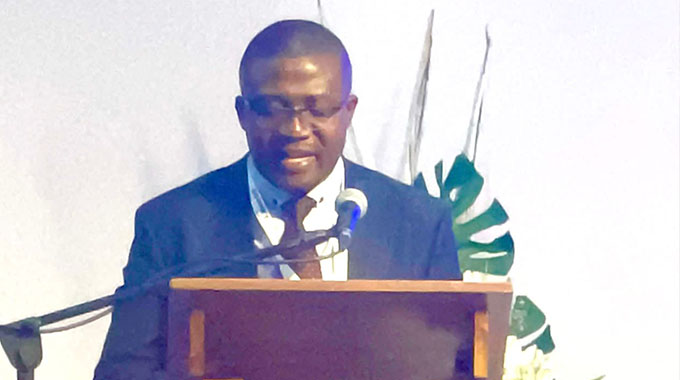African Sun re-opens hotels

Business Reporter
HOSPITALITY group, African Sun Limited (ASL), has re-opened some of its branches under the relaxed Covid-19 lockdown measures despite anticipated further disruptions due to the pandemic.
In a latest trading update the hospitality concern said Covid-19 represents the most significant challenge that the industry has ever faced with the number of new cases continuing to surge around the world, particularly in Europe and the Americas, which are key source markets for ASL.
The World Travel and Tourism Council estimates that the Covid-19 pandemic could adversely impact travel and tourism by up to 25 percent this year, an equivalent of three months tourism activity. Government declared Covid-19 a state of national disaster on March 17, 2020 and this was followed by the ongoing nationwide lockdown, which began on March 30, 2020. This forced the hotel group to temporarily close all its 11 hotels and two casinos effective March 30, 2020. Other industry peers also took the same stance.
“As of May 6, 2020, our statistics have shown that we have had 31 907 room nights cancelled, being quite substantial for the business.
“However, as lockdowns are proving to have an extremely high economic cost, governments world over have started looking at alternatives that will be less costly and more effective in the long-term at protecting communities and the economy,” said the group.
“It commended Government for implementing measures to ease the lockdown to level two. The latest indefinite level two extension saw the businesses trading hours being further relaxed and extended to 16.30pm from 15.00pm.
“Under level two, in line with the relaxation of the lockdown measures, the group took a decision to re-open its hotels on a phased approach.
“Under phase 1, four hotels being (Holiday Inn Harare, Holiday Inn Mutare, Holiday Inn Bulawayo and Great Zimbabwe Hotel) were re-opened on May 11, 2020,” said the group.
“The group implemented various health and safety measures as guided by World Health Organisation, Inter-Continental Hotels Group and government at its hotels.”
As the pandemic evolves, ASL said it continues to assess the risks arising from the virus at all levels.
On the outlook, the hospitality group said it anticipates continued disruption to travel and tourism in the months ahead, and forward visibility on the timing and shape of improvements in demand remains very limited.
However, the group said it is taking decisive action to protect the core of its business until the crisis passes and travel resumes. It expects domestic business largely driven by Government and NGOs programmes centred on Covid-19 health responses and hunger alleviation to resume immediately.
“Taking into account the global trends, management expects international business to gradually resume starting from July as airlines rebuild their networks,” said ASL.
During the first quarter ended March 31, 2020 African Sun’s occupancy rate stood at 40 percent compared to 38 percent achieved in the comparable period last year.
The group attributed the positive growth trajectory in occupancy levels to a stable operating environment compared to civil unrest and national protest shutdowns that characterised the first quarter of 2019.
“Despite the effects of Covid-19, occupancy for the first quarter closed at 40 percent representing a two-percentage points increase from 38 percent recorded in the same quarter last year.
“The recovery from Q1 of 2019 was largely due to a stable operating environment in contrast to the comparable quarter last year which had civil unrest and national shutdown protests,” it said.
During the period, room nights sold increased by four percent from 52 617 reported in the comparable period last year to 54 972. Business mix for the first quarter of 2020 with regards to room nights was 67 percent local and 33 percent foreign.
“Export room nights reduced by two percent due to the early effects of Covid-19, which affected arrivals particularly in our Victoria Falls properties.
“Domestic room nights increased by eight percent, a growth that was driven by corporate and NGO (Non-Governmental Organisation) business,” said ASL.











Comments